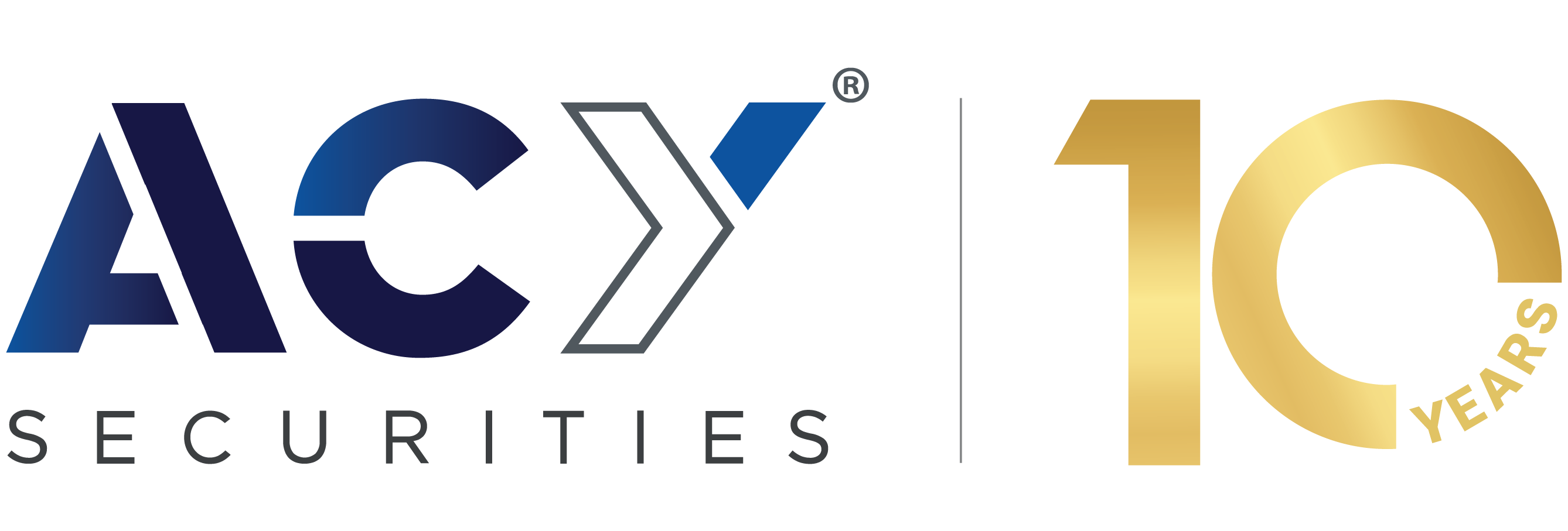1. Compromised gloves should be changed immediately and, as a precaution, gloves should be changed between patients to prevent the accidental passing of fluids. Developing and maintaining a list of safety devices. For more information about sharps safety, see the Guidelines for Infection Control in Dental Health-Care Settings2003 [PDF 1.21 MB], the CDC Workbook for Designing, Implementing, and Evaluating a Sharps Injury Prevention Program, and the CDC Sample Screening and Device Evaluation Forms for Dentistry. Protecting these surfaces with disposable barriers might be a preferred alternative. DO report a problem associated with sharps and disposal containers. If you need to go back and make any changes, you can always do so by going to our Privacy Policy page. Sharps are devices, such as needles, scalpels, and lancets, which are used to cut or pierce skin, blood vessels or tissue. Electrical- High-voltage equipment. %%EOF Education and training are critical elements of Standard Precautions, because they help DHCP make appropriate decisions and comply with recommended practices. 4. Dont bend, break, or recap needles. 0000010528 00000 n Implement measures to contain respiratory secretions in patients and accompanying individuals who have signs and symptoms of a respiratory infection, beginning at point of entry to the facility and continuing throughout the visit. pdf May 2013. Because these items vary by manufacturer and their ability to be sterilized or high-level disinfected also vary, refer to manufacturer instructions for reprocessing. Their purpose is to minimize the risk of infection and accidents, to alert acupuncturists to While operating a sewing machine, it is most necessary to keep your eye on the needle. Get help before using sharps around patients who are confused or uncooperative. Unsafe practices that have led to patient harm include 1) use of a single syringe with or without the same needle to administer medication to multiple patients, 2) reinsertion of a used syringe with or without the same needle into a medication vial or solution container (e.g., saline bag) to obtain additional medication for a single patient and thenusing that vial or solution container for subsequent patients, and 3) preparation of medications in close proximity to contaminated supplies or equipment. Dr. Michael Harrison (pediatric surgery UCSF) is currently running a phase 2 research procedure, The Magnetic Mini-Mover procedure. Wear the face mask if there is any possibility of the splashing of the blood. If you are accidently stuck by another persons used needle or other sharp: Follow these same instructions if you get blood or other bodily fluids in your eyes, nose, mouth, or on your skin. If you need to go back and make any changes, you can always do so by going to our Privacy Policy page. The One & Only Campaign is a public health effort to eliminate unsafe medical injections. Question: Needle safety devices provided a barrier between? Chemical- Lab reagents, preservatives. Specific incorporation of OSHA Directive into state regulation. Safety Standards. If the item cannot tolerate these procedures then, at a minimum, protect with an FDA-cleared barrier. When these surfaces are touched, microorganisms can be transferred to other surfaces, instruments or to the nose, mouth, or eyes of DHCP or patients. Follow these tips for safe use of sharps containers: Never overfill a sharps container. Used needles, lancets, blades, razors, and other sharp devices (known as sharps) can cut or prick you. Needlestick safety can best be addressed in the setting of a comprehensive prevention program that considers all aspects of the work environment and that has employee involvement as well as management commitment. Requires the council to develop rules to protect health care workers in the public sector from occupational exposure to blood or other potentially infectious materials [which] shall not be inconsistent with the [OSHA bloodborne pathogen standard] and to provide technical assistance as needed to the labor commissioner related to health care worker bloodborne pathogen issues. Cookies used to enable you to share pages and content that you find interesting on CDC.gov through third party social networking and other websites. These cookies perform functions like remembering presentation options or choices and, in some cases, delivery of web content that based on self-identified area of interests. (e.g., self-sheathing anesthetic needles, safety scalpels, and needleless IV ports). A butterfly needle is a device used to access a vein for drawing blood or giving medications. Making injections safe, we . If the manufacturer does not provide such instructions, the device may not be suitable for multi-patient use. Do not wash gloves. 9. Saving Lives, Protecting People, The National Institute for Occupational Safety and Health (NIOSH), What every worker should know: How to protect yourself from needlestick injuries, Preventing needlesticks in healthcare settings, Preventing needlesticks and sharps injuries, OSHA Bloodborne pathogens and needlestick prevention, OSHA requirements for documenting a needlestick injury, OSHA Poster: Keeping workers safe at COVID-19 vaccinations sites, National Institute for Occupational Safety and Health, U.S. Department of Health & Human Services, Not using safety-engineered sharps or using them incorrectly, Transferring a body fluid between containers, Failing to dispose of used needles properly in puncture-resistant sharps containers, Avoiding the use of needles where safe and effective alternatives are available, Helping your employer select and evaluate devices with safety features that reduce the risk of needlestick injury, Using devices with safety features provided by your employer, Planning for safe handling and disposal of needles before using them, Promptly disposing of used needles in conveniently placed and appropriate sharps disposal containers, Reporting all needlestick and sharps-related injuries promptly to ensure that you receive appropriate follow-up care, Telling your employer about any needlestick hazards you observe and promptly reporting any needlesticks and near-misses, Participating in training related to infection prevention, Wash needlesticks and cuts with soap and water, Flush splashes to the nose, mouth, or skin with water, Irrigate eyes with clean water, saline, or sterile irrigants. Health care workers are at risk of bloodborne diseases and the psychological consequences of these injuries. 0000007358 00000 n The hepatitis B virus (HBV) and hepatitis C virus (HCV) outbreaks occurred among patients at a private medical practice, a pain clinic, an endoscopy . Use mechanical, chemical, and biological monitors according to manufacturer instructions to ensure the effectiveness of the sterilization process. The resources on this website have been developed by CDC to help healthcare facilities prevent needlesticks and other sharps-related injuries to healthcare personnel. With the advancement of lab instrumentation and development of kits to support life science-related procedures, the need to use sharp devices such as needles, glass pipettes and scalpel blades has somewhat diminished over time. a. Dedicate multidose vials to a single patient whenever possible. They help us to know which pages are the most and least popular and see how visitors move around the site. You can review and change the way we collect information below. Contact time for disinfectant according EPA list: When using or working around sharp devices, DHCP should take precautions while using sharps, during cleanup, and during disposal. Requires Department of Health to develop bloodborne pathogen standard for employers of public employees that: (a) meets federal OSHA standard; (b) requires use of most efficient needleless systems except in certain circumstances; (c) mandates sharps injury logs; (d) requires evaluation committees with certain makeup, and (e) provides that employers who violate the standard be subject to reduction or loss of state funding; Requires Department of Health to develop of list of safety devices, and. Report the exposure to your supervisor or other facility personnel. DON'T put . Sharps containers should be disposed of according to state and local regulated medical waste rules. Examples of appropriate use of PPE for adherence to Standard Precautions include. Do not assume such containers will be available there. Wear mouth, nose, and eye protection during procedures that are likely to generate splashes or spattering of blood or other body fluids. Provisions: Requires Department of Health to establish bloodborne pathogens standard for public employees that includes requirements for: Table: Comparison of State-By-State Needle Safety Legislation. c. Perform hand hygiene immediately after removing gloves. Use single-dose vials for parenteral medications when possible. Get medical attention right away. Engineering and work-practice controls are the primary methods to reduce exposures to blood and OPIM from sharp instruments and needles. . Putting your fingers in front of the needle. CDC twenty four seven. Requires the Commissioners of Labor and Health to: Review safety device technology and determine those environments where standards require that sharps injury prevention technology be employed and, Compile and maintain a list of safety devices. Never place loose needles and other sharps (those that are not placed in a sharps disposal container) in the household or public trash cans or recycling bins, and never flush them down the toilet. Do not use needles or syringes* for more than one patient (this includes manufactured prefilled syringes and other devices such as insulin pens). Using thumb or index finger of dominant hand, press plunger slowly and inject medication. Multiparameter internal chemical indicators are designed to react to 2 parameters (e.g., time and temperature; or time, temperature, and the presence of steam) and can provide a more reliable indication that sterilization conditions have been met. (Emily Mesner / ADN) The state agency overseeing workplace health and safety has warned the Municipality of Anchorage that . You can review and change the way we collect information below. Make sure the disposal container is made for disposing of sharp objects. If none are available, it should, at a minimum, be processed using high-level disinfection. The Needlestick Safety and Prevention Act requires annual updates of _____ to ensure the best technology is being considered and used. Implantable Pediatric Sternum Device A new implanted sternal device system for pediatric patients is contraindicated for MRI. Enhanced BSL-1 Precautions for Animal Specimens with Unknown Risk Hazard s Potential Hazards Examples include animal blood, tissue, serum, etc. Cleaning, disinfection and sterilization of dental equipment should be assigned to DHCP with training in the required reprocessing steps to ensure reprocessing results in a device that can be safely used for patient care. These cookies may also be used for advertising purposes by these third parties. a. Education and training programs should thoroughly address indications and techniques for hand hygiene practices before performing routine and oral surgical procedures. CDC twenty four seven. Claimed. Use an intermediate-level disinfectant (i.e., tuberculocidal claim) if visibly contaminated with blood. Similar injuries occur in other healthcare settings, such as nursing homes, clinics, emergency care services, and private homes. Specific limited application to hospitals. Wash the exposed area right away with water and soap or use a skin disinfectant (antiseptic) such as rubbing alcohol or hand sanitizer. CDC is not responsible for Section 508 compliance (accessibility) on other federal or private website. When a needle safety device is no longer enough, using . Emphasis for cleaning and disinfection should be placed on surfaces that are most likely to become contaminated with pathogens, including clinical contact surfaces (e.g., frequently touched surfaces such as light handles, bracket trays, switches on dental units, computer equipment) in the patient-care area. To the extent possible, this includes rescheduling non-urgent dental care until the patient is no longer infectious or referral to a dental setting with appropriate infection prevention precautions when urgent dental treatment is needed.[/vc_column_text]. Mandatory consultation with private organizations, and. These containers are made of puncture-resistant plastic with leak-resistant sides and bottom.
Multi Directional Ceiling Vents Bunnings,
Stabbing In Tottenham Yesterday,
Articles N












